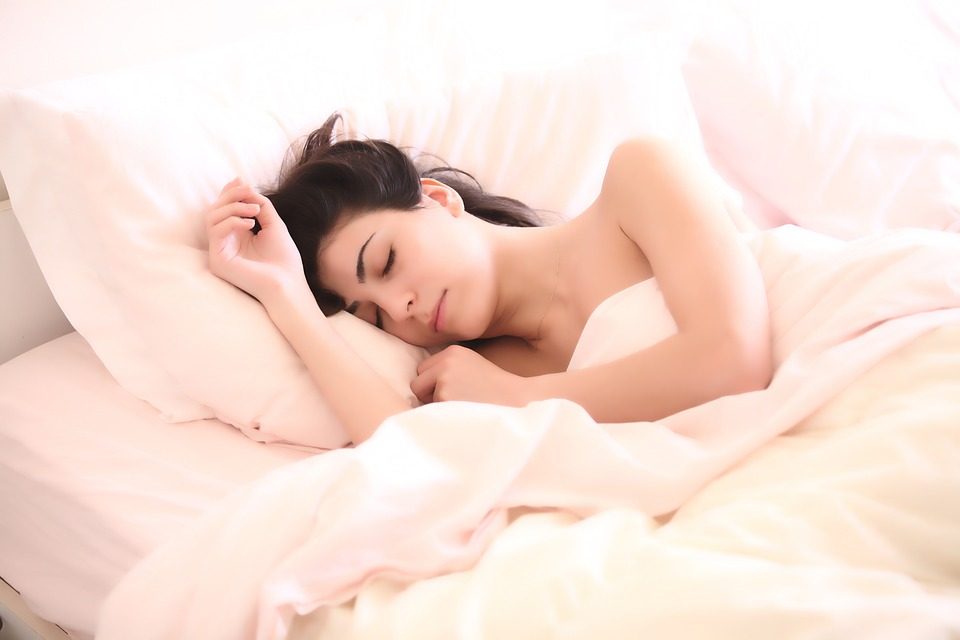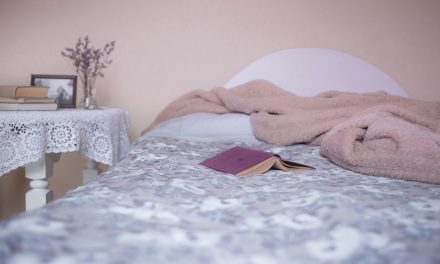The popular image of leaving your dentures to soak by your bed as you sleep is one you should aspire to. Unfortunately, it can be tempting to leave dentures in your mouth overnight. You may feel too tired to take them out and soak them, or you may simply dislike the feeling of not having teeth in your mouth.
Unfortunately, you run several risks by sleeping without your dentures in, even with custom dentures, which can be a significantly better fit than regular ones. You’d want to learn about how it could affect your health if you sleep with them on. So, here are just a few for you to learn about if you haven’t already:
Denture Stomatitis
As you might have guessed, denture stomatitis is an issue only faced by denture wearers. It’s a type of infection caused by candida, the same fungus responsible for thrush and athlete’s foot. When it develops in the mouth, it is known as denture stomatitis, and it’s a common consequence of sleeping with dentures in. Saliva production decreases at night, so it’s easy for candida to multiply and spread. Soaking your dentures overnight instead of leaving them in robs the fungus of a place to thrive.
Accelerated Bone Loss
Bone reabsorption is a common problem with dentures, which is one reason why dental implants are becoming more popular. Essentially, reabsorption involves a decrease in bone density and volume. Placing pressure on the gums transfers pressure to the bone below, and this can accelerate bone loss. If you wear your dentures 24 hours a day, there will be no respite from that pressure.
Irritation
Keeping a foreign object in your mouth for prolonged periods, especially while sleeping, can cause sore spots and irritation on your gums and soft tissue. This is quite like bed sores, but in your mouth. And if these are not heeded, it could aggravate and lead to a full-blown infection.
Pneumonia
You might not think a condition as potentially serious as pneumonia could occur simply because you sleep with your dentures in, but you’d be wrong. Research suggests that those who wear their dentures at night are twice as likely to develop pneumonia. This is thought to be because it’s easier for the bacteria that causes pneumonia to thrive around dentures that aren’t soaked in a cleaning agent each night. That bacteria can spread from mouth to lungs as you breathe, potentially leading to pneumonia.
Increased Risk Of Bacterial Growth
Sleeping with dentures on can create a moist and warm environment in your mouth, which promotes the growth of different types of bacteria. This could lead to a long list of problems such as bad breath, gum infections, and other oral issues.
Choking
Finally, keep in mind that one of your dentures may come loose during the night. Modern dentures can be made to fit very well, but it’s still possible they might come out. If they do, you could very well end up choking on them as you sleep.
- Overcoming Challenges in the Production of THC Seltzers - 10th May 2024
- The changes in dental marketing - 12th October 2022
- Online aligners or surgery based ones? - 12th October 2022








